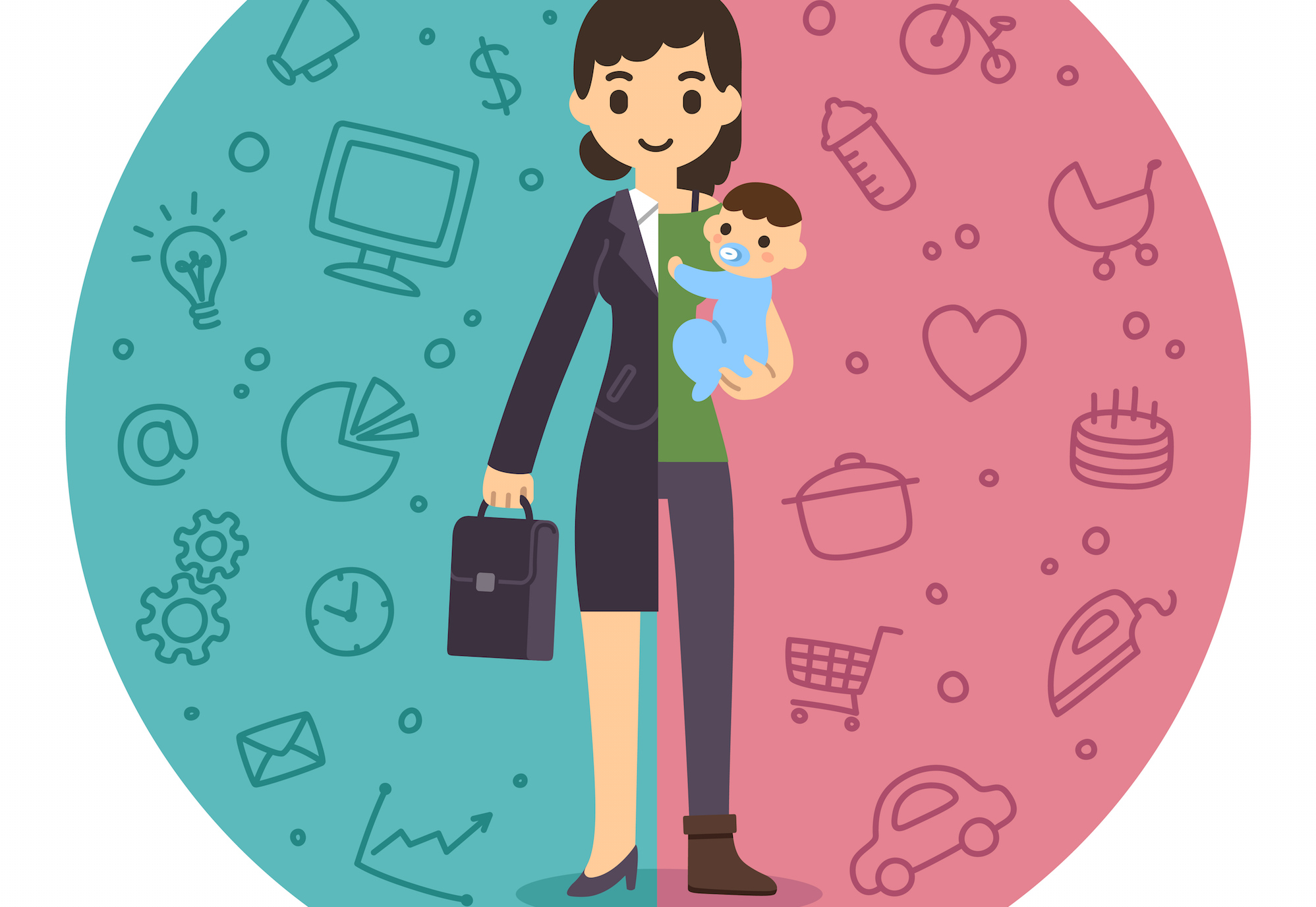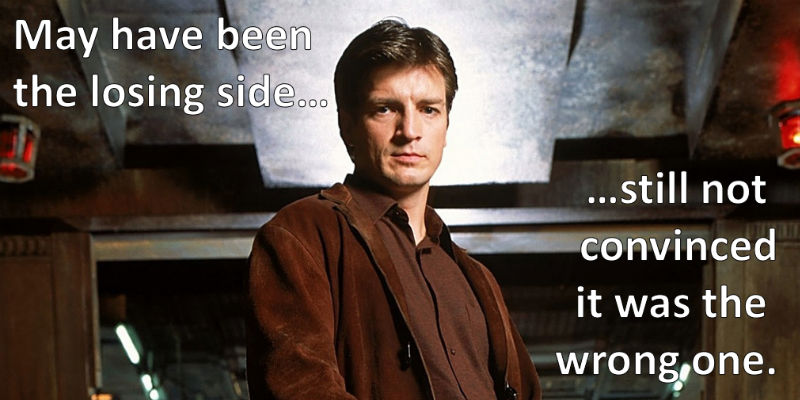I know I said the same thing about 2016. And 2015. Even 2013. But that’s because things continue to get better. Nicholas Kristof writes in The New York Times, “There’s a broad consensus that the world is falling apart, with every headline reminding us that life is getting worse. Except that it isn’t. In fact, by some important metrics, 2016 was the best year in the history of humanity. And 2017 will probably be better still…Polls show that about 9 out of 10 Americans believe that global poverty has worsened or stayed the same.” And yet,
Every day, an average of about a quarter-million people worldwide graduate from extreme poverty, according to World Bank figures. Or if you need more of a blast of good news, consider this: Just since 1990, more than 100 million children’s lives have been saved through vaccinations, breast-feeding promotion, diarrhea treatment and more. If just about the worst thing that can happen is for a parent to lose a child, that’s only half as likely today as in 1990. When I began writing about global poverty in the early 1980s, more than 40 percent of all humans were living in extreme poverty. Now fewer than 10 percent are. By 2030 it looks as if just 3 or 4 percent will be. (Extreme poverty is defined as less than $1.90 per person per day, adjusted for inflation.) For nearly all of human history, extreme poverty has been the default condition of our species, and now, on our watch, we are pretty much wiping it out. That’s a stunning transformation that I believe is the most important thing happening in the world today — whatever the news from Washington.
What’s more is that “global income inequality is…declining. While income inequality has increased within the U.S., it has declined on a global level because China and India have lifted hundreds of millions from poverty.”[ref]Nathaniel and I covered global poverty and inequality in our 2014 SquareTwo article.[/ref] Today “some 40 countries are now on track to eliminate elephantiasis. When you’ve seen the anguish caused by elephantiasis — or leprosy, or Guinea worm, or polio, or river blindness, or blinding trachoma — it’s impossible not to feel giddy at the gains registered against all of them.” In “the 1960s, a majority of humans had always been illiterate; now, 85 percent of adults are literate. And almost nothing makes more difference in a society than being able to read and write.”
For me, this was the clincher in Kristof’s piece:
On a recent trip to Madagascar to report on climate change, I was struck that several mothers I interviewed had never heard of Trump, or of Barack Obama, or even of the United States. Their obsession was more desperate: keeping their children alive. And the astonishing thing was that those children, despite severe malnutrition, were all alive, because of improvements in aid and health care — reflecting trends that are grander than any one man.
He concludes, “The most important thing happening is not a Trump tweet. What’s infinitely more important is that today some 18,000 children who in the past would have died of simple diseases will survive, about 300,000 people will gain electricity and a cool 250,000 will graduate from extreme poverty.”
How’s that for a little pick-me-up?

 When AT&T wanted to start developing cellular in 1947, the FCC rejected the idea, believing that spectrum could be best used by other services that were not “in the nature of convenience or luxury.”… A child conceived at the same time as cellular would have been 37 years old by the time the first commercial cellphone—Gordon Gecko’s $3,995 Motorola DynaTAC 8000X brick—was released onto the market. Once the blockage was cleared, progress popped. Soon, the science fiction vision of the Star Trek communicator was reality.
When AT&T wanted to start developing cellular in 1947, the FCC rejected the idea, believing that spectrum could be best used by other services that were not “in the nature of convenience or luxury.”… A child conceived at the same time as cellular would have been 37 years old by the time the first commercial cellphone—Gordon Gecko’s $3,995 Motorola DynaTAC 8000X brick—was released onto the market. Once the blockage was cleared, progress popped. Soon, the science fiction vision of the Star Trek communicator was reality. land use controls have a more widespread impact on the lives of ordinary Americans than any other regulation. These controls, typically imposed by localities, make housing more expensive and restrict the growth of America’s most successful metropolitan areas. These regulations have accreted over time with virtually no cost-benefit analysis. Restricting growth is often locally popular. Promoting affordability is hardly a financially attractive aim for someone who owns a home. Yet the maze of local land use controls imposes costs on outsiders, and on the American economy as a whole.
land use controls have a more widespread impact on the lives of ordinary Americans than any other regulation. These controls, typically imposed by localities, make housing more expensive and restrict the growth of America’s most successful metropolitan areas. These regulations have accreted over time with virtually no cost-benefit analysis. Restricting growth is often locally popular. Promoting affordability is hardly a financially attractive aim for someone who owns a home. Yet the maze of local land use controls imposes costs on outsiders, and on the American economy as a whole.
 Imprisonment for drug crimes as opposed to non-prison sentences such as jail stays and terms of probation was not associated with a reduction in the likelihood of recidivism. That “null” finding held for all felony drug offenders as well as for different racial, ethnic, gender, and age groups and for inmates with different punishment histories. The sole and notable exception was for whites. For white drug offenders, imprisonment—as compared to being sentenced to community sanctions such as jail, intensive probation, or probation— appeared to increase recidivism. The results of this study thus do not support the argument that prison appreciably reduces or increases recidivism for most drug offenders, but they do suggest the possibility that it may do so for white drug offenders.
Imprisonment for drug crimes as opposed to non-prison sentences such as jail stays and terms of probation was not associated with a reduction in the likelihood of recidivism. That “null” finding held for all felony drug offenders as well as for different racial, ethnic, gender, and age groups and for inmates with different punishment histories. The sole and notable exception was for whites. For white drug offenders, imprisonment—as compared to being sentenced to community sanctions such as jail, intensive probation, or probation— appeared to increase recidivism. The results of this study thus do not support the argument that prison appreciably reduces or increases recidivism for most drug offenders, but they do suggest the possibility that it may do so for white drug offenders. In many situations, the better approach to mitigating political ignorance is not to give up on empowering ordinary people, but to do so in a different way. Instead of putting our faith in political participation, we can instead give people more opportunities to
In many situations, the better approach to mitigating political ignorance is not to give up on empowering ordinary people, but to do so in a different way. Instead of putting our faith in political participation, we can instead give people more opportunities to 
/cdn.vox-cdn.com/uploads/chorus_asset/file/8489057/1_s2.0_S0022103116304024_gr1.jpg)


